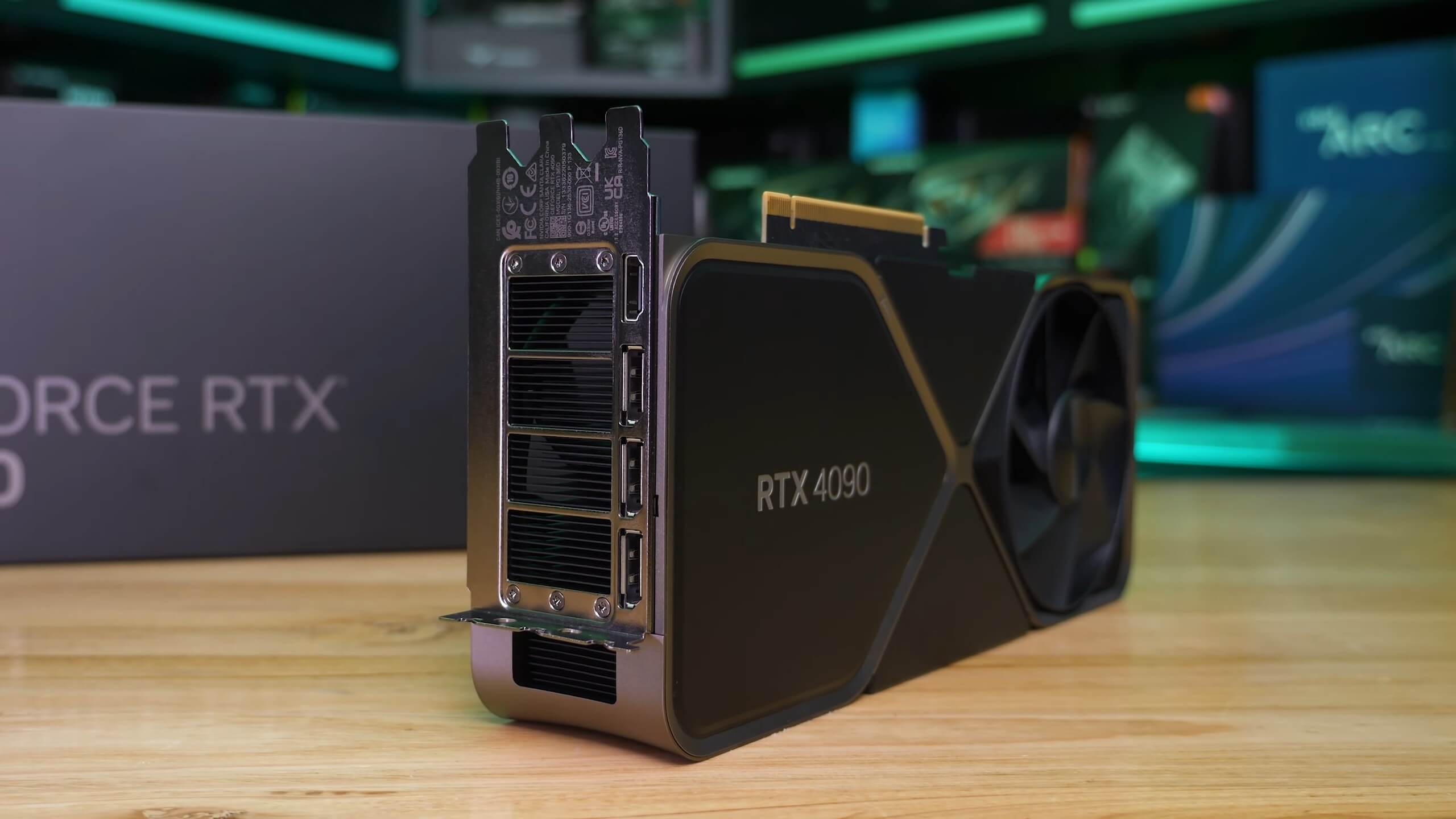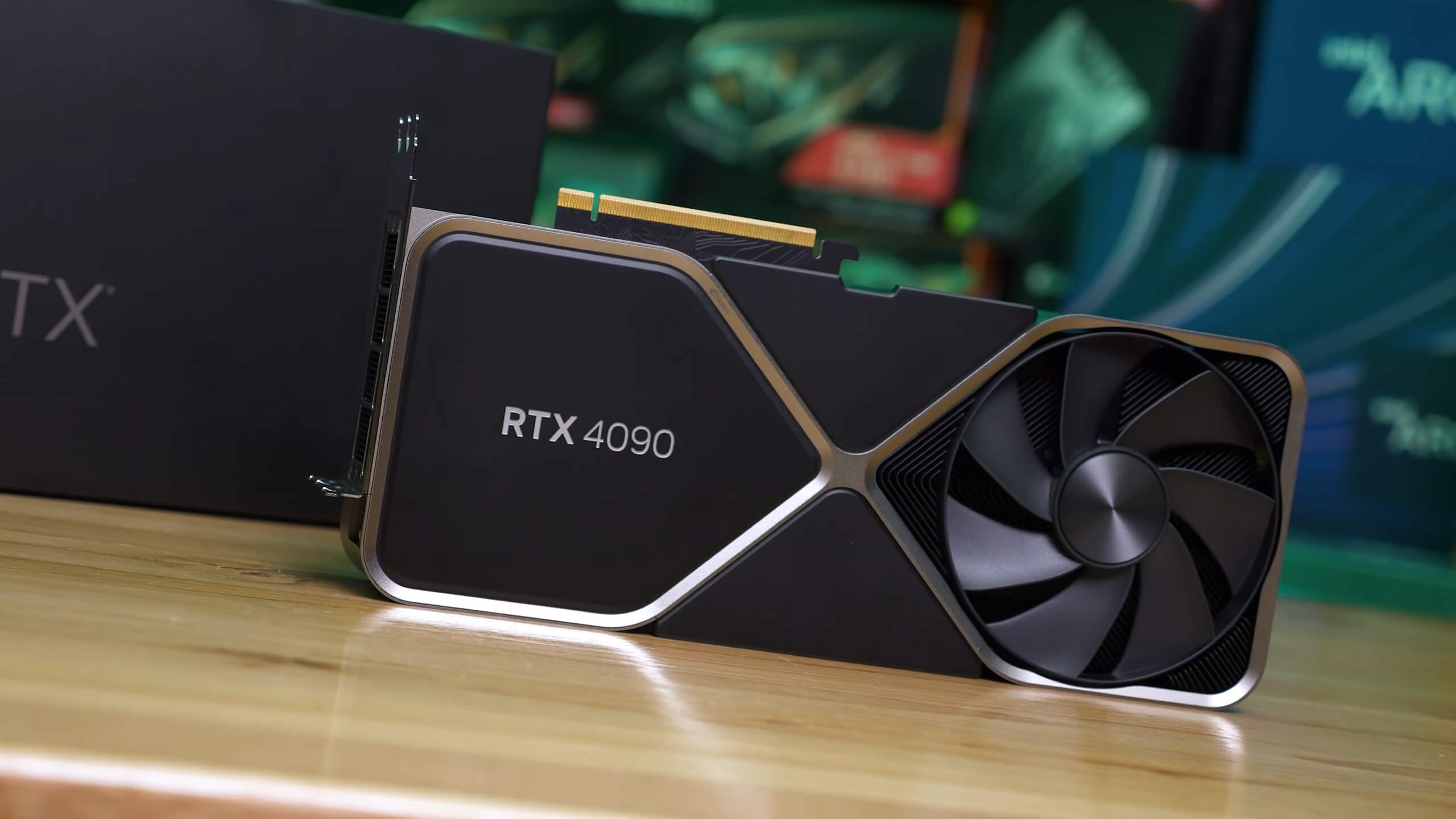In brief: The US government's ban on Nvidia exporting its RTX 4090 to China looks like it's been removed. Restrictions on high-performance GPUs and AI accelerators have come into effect earlier than announced, but the flagship gaming card is missing from the list of affected products.
Rumors that the US was set to further tighten export restrictions on AI accelerators to China proved accurate last week when the Department Bureau of Industry and Security updated the rules. Restrictions on communication speeds, limited to a bidirectional transfer rate of 600 GB/s, were removed; instead, priority was given to those products with a total processing performance of 4,800 or more.
Several more entries were added to the list of items that require export licenses, which are rarely granted, to countries of concern. These included the A800 and H800 that Nvidia created specifically for the Chinese market as their specs met the previous restrictions' requirements. Nvidia wrote in a filing to investors that the RTX 4090 would also be impacted.
Related: Are GPU Prices Going Up Now? October GPU Pricing Update
The new rules were originally set to take place 30 days from the original announcement, but Nvidia wrote in an 8K filing this week that the government has informed the company that the new rules were effective immediately.
Interestingly, the document lists the A100, A800, H100, H800, and L40S products as those impacted by the updated restrictions. There is no mention of the RTX 4090, despite Nvidia's previous warning that the card would fall under the new rules' scope.

One section notes that in addition to the processing power threshold, applicable products must also be designed and marketed for datacenters. The RTX 4090 is a gaming card first and foremost.
Assuming the RTX 4090 definitely is exempt, it's good news for not only Chinese gamers, who have been paying up to four times MSRP for the flagship and struggling to find them in stock, but also the rest of the world, which was also experiencing a slight uptick in prices and lower than normal availability.
As for why the restrictions arrived earlier than first announced, it could be a way for the government to stop Nvidia (and probably AMD and Intel) from massively increasing the number of products it exports to China before the new rules were supposed to come into effect.
Team Green doesn't seem too worried about how this will affect its financial outlook in the short-term, even though Chinese giants such as Tencent, Alibaba, and ByteDance have orders for billions of dollars' worth of AI-focused GPUs from the company.
"Given the strength of demand for the company's products worldwide, the Company does not anticipate that the accelerated time of the licensing requirements will have a near-term meaningful impact on its financial results," Nvidia wrote in the filing.
